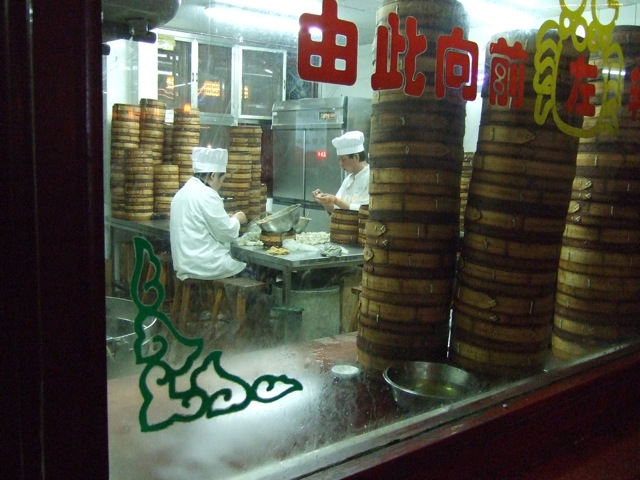Some reflections on cities and canals
You have to imagine a tram, an orange tram sliding down a broad avenue
towards the sea, towards the blue waters of the pacific. Inside the
tram the seats are worn and faded and the floor has been eroded over
the years by the passage of thousands of feet. Wood and metal, no
plastic here. How could anything here be as old as this tram you ask
yourself, looking at the buildings around, all of which are new, all
of which have been built in the last decade or so it seems. This, as
they say, is all true. This is a tram which starts in Brera, Milan,
maybe somewhere near the Observatory and one that ends up a few
hundred metres from the Pacific. Arriving here a few years ago to
visit my Uncle (who had abandoned Ireland forty years ago and never
returned) I found these phantom trams gliding around the streets of
San Francisco. Strange to see them here. I was surprised. Commune di
Milano. Over there, they were something old, a witness to centuries of
neglect: buildings crumbling, the ancient worn streets; but in these
avenues at the edge of the continent somehow the ordinary became
extra-ordinary. To see these trams against the glittering water here,
where before they had been at best a thousand kilometers from the sea.
But how exactly does something commonplace become extra-ordinary?
Change the context. Change the time.
During my first visit to Milan I barely glimpsed the city from the
window of the taxi, just a flash of the ornate baroque glory of the
cathedral, night-time, illuminated, I remember my first meal, an
espresso, I was happy to have arrived. The centre of the city, the old
heart of the city. Brera, where the trams came from? Cobbled streets
worn smooth with time, the buildings black with soot, Bar Brera, the
press of people, and after that the ancient bulk of the museum. Where
was the observatory? The observatory was in fact inside the museum. I
had to walk across a broad courtyard, past a statue of Napoleon,
through the corridors full of students, half-glimpsed studios, walls
grimy with centuries of dust, until – there was the sign, it was here.
Osservatorio Astronomico di Brera. Climb the stairs.
There was a telescope here once, there still is, and back then maybe
the city was dark, there was not all this light and people. Giovanni
Schiaparelli turned his telescope towards a red dot in the sky which
was actually a planet, and he drew what he could see. Dark lines and
light lines, crisscrossing the planet, obviously someone had made
them. Here are the notebooks in the library, all is perfectly
explained, these were canals, of course, this was water obviously. He
drew until his eyesight failed, like Borges surrounded by his books.
Schiaparelli had perhaps visited Amsterdam, the low countries of
northern Europe. An ordinary thing like a canal in an extra-ordinary
location? There were really shining blue waters on this arid planet
that had never seen running water for a million years.

